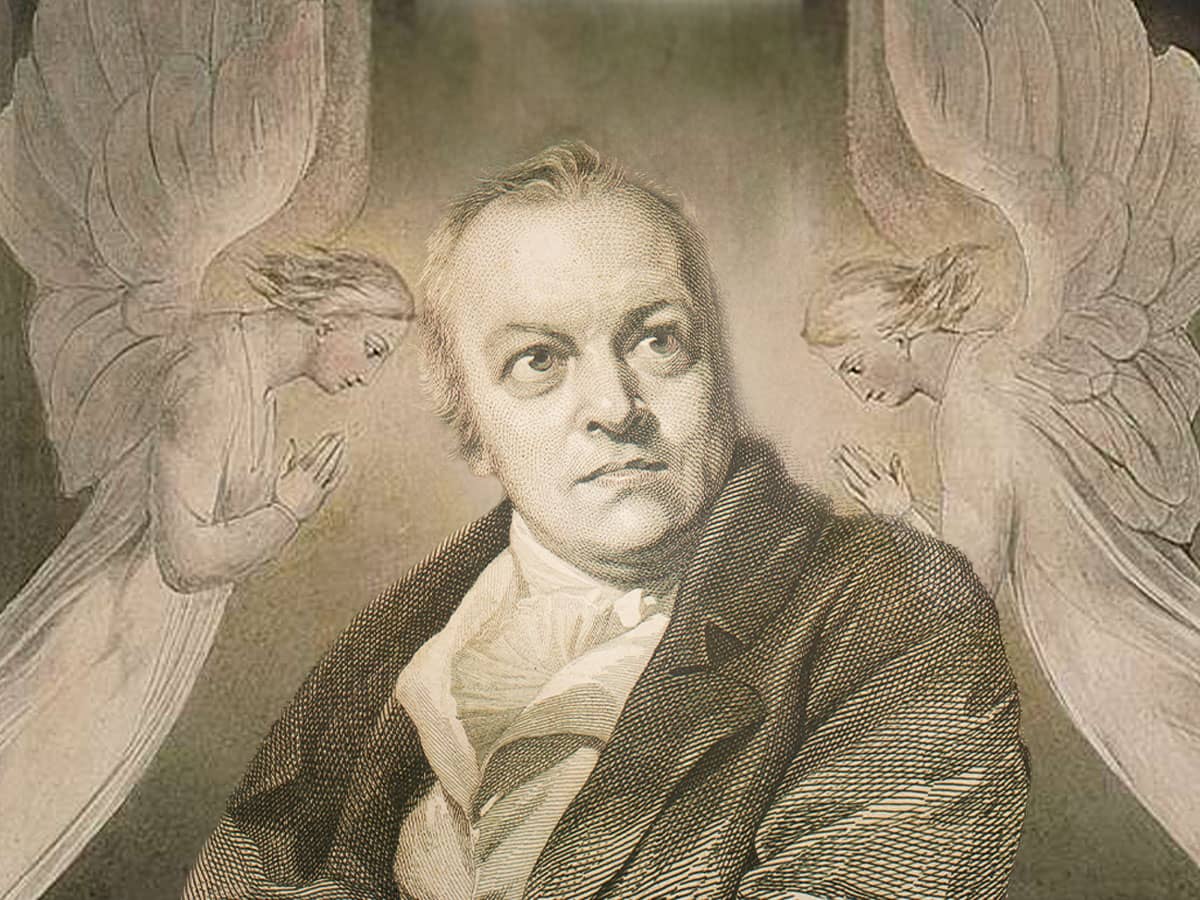And yet Jeanne d’Arc did just that. Did she see an angel? Was it the Archangel Michael who became her advisor, and led her to become commander-in-chief of the French army? Because with no military background, this young girl did what generations of French generals had been unable to achieve: beat back the English invaders and liberate much of her homeland.
Joan was the youngest of five children, a girl who was good at sewing and spinning. From a young age, she was often in church, kneeling for hours in prayer.
At age 13, Joan heard a voice. It sounded quite close, as if someone was speaking in her ear; a blaze of light accompanied the sound. Joan continued to receive these heavenly messages; as time went on she recognized her angelic counselors to be St. Michael, St. Margaret, St. Catherine, and others.
By the time she was 16, the voices had begun to urge her to find the French Dauphin, Charles, whose armies were waging a losing war against the English for control of the country. She actually tried to meet one of Charles’ generals, but after she was rudely sent away, Joan’s voices became even more insistent.
"I am a poor girl,” Joan replied. “I do not know how to ride or fight." And yet the voices told her: "It is God who commands it."
So once again, Joan made the trip to see the general. While trying to gain access to him, she received a vision: The French would suffer a terrible defeat by the English, in the “Battle of the Herrings,” in the town of Orléans. When her prediction proved true, several days later, the general arranged for her to have an audience with Charles himself.
The Dauphin in disguise. Can Joan recognize him?
Read more on page 2 >>
| _Related Features | |
|
|
|
 |
Joan herself never doubted her angels. “I saw them with my bodily eyes as clearly as I see you,” she once said. “And when they departed, I used to weep and wish they would take me with them.”
With Charles’ permission, Joan returned to the battlefield. Although he had given her a weapon, she wanted to find an ancient sword that, she had been told, was buried behind the altar in the small chapel of Ste-Catherine-de-Fierbois. A search was made, and the sword was found precisely where Joan’s voices had predicted.
Before going into battle, Joan made a series of startling predictions. According to a letter of the time, she said "that she would save Orléans and would compel the English to raise the siege, that she herself, in a battle before Orléans, would be wounded by a shaft but would not die of it, and that the King, in the course of the coming summer, would be crowned at Reims." All of these events came to pass.
A year later, her voices warned her that she would be taken prisoner by the English within weeks, and once again, this proved true. Even so, she remained unbowed. She told her captors that "within seven years' space, the English would have to forfeit a bigger prize.” Six years and eight months later, the English indeed lost Paris back to the French army.
Sadly, Joan wouldn’t live to see that day. Not long after her capture, and only a few months after her nineteenth birthday, she was burned at the stake for heresy. "Until the last," the recorder of her trial said, "she declared that her voices came from God and had not deceived her." Legend has it that her heart would not burn. After her death, her ashes were thrown into the River Seine.
Almost 500 years later, in 1920, Joan, the Maid of Orléans, was recognized as we know her today--Saint Joan of Arc.
| _Related Features | |
|
|
|
 |

